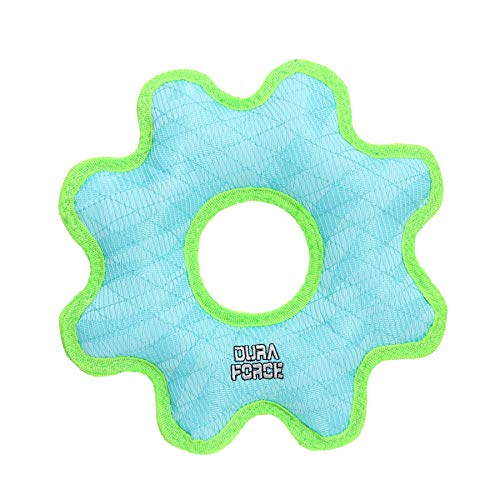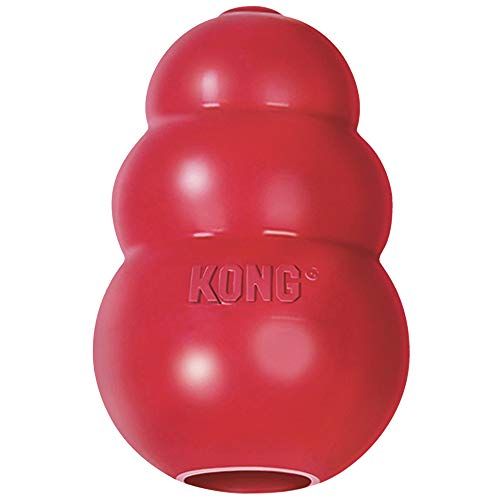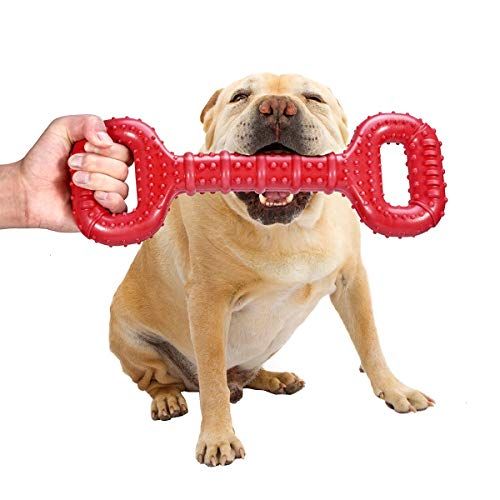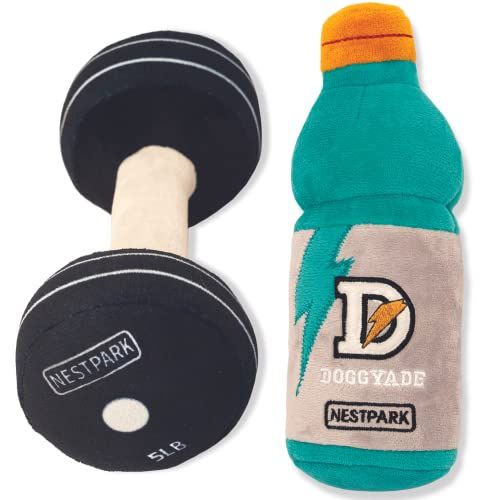Stop Your Dog from Eating Worms: Effective Methods
Are you constantly battling with your furry friend's peculiar taste for worms? As a pet parent, it's understandable to be concerned about your dog's unusual dietary preferences. Not only is it unsightly, but the consumption of worms can also pose a potential risk to your dog's health. This article unveils a range of effective methods to put an end to your dog's worm-eating habit, offering insights into dog behavior, training techniques, and preventative measures to safeguard your dog's health. Join us as we delve into the world of dogs and their bizarre tastes, helping you turn the tide on this gross yet common problem.
It's not uncommon for pet owners to find their dogs snacking on various things in the garden, including worms. If your dog has developed an unusual taste for worms, there are several measures you can take to help deter this behavior. Worms aren't typically harmful to dogs, but they can sometimes carry parasites, so it's generally best to discourage your dog from eating them.
First, let's understand why dogs might be drawn to eating worms. Dogs are natural scavengers, often attracted to new scents and tastes. They explore their environment primarily through their sense of smell and taste. Earthworms produce a unique, musky scent that dogs may find intriguing, leading to ingestion.
Another possible reason dogs may eat worms is due to dietary deficiencies. If a dog is not receiving adequate nutrition from its regular diet, it might start eating non-traditional food sources, such as worms.
%product_cta:1%
Keep the Yard Clean
One of the most effective ways to prevent your dog from eating worms is to keep your yard clean. Regularly rake leaves, remove dead plants, and maintain your lawn to minimize the worm population in your garden. If there are fewer worms, your dog will have fewer opportunities to eat them.
Distract and Redirect
When you see your dog start to show interest in a worm, distract them. Use a favorite toy or start a game to draw their attention away from the worm. It's also useful to teach your dog commands such as "leave it" or "drop it." These can be lifesavers in many situations, not just with worms.
Provide a Balanced Diet
As mentioned earlier, if your dog is eating worms out of dietary necessity, make sure to provide them a balanced, nutritious diet. Commercially prepared dog foods are typically formulated to provide all the nutrients your dog needs. If you're unsure about your dog's diet, consider consulting with a veterinarian.
Use Positive Reinforcement
Whenever your dog ignores a worm or responds positively to your command to leave the worm alone, reward them. Positive reinforcement is a powerful tool in modifying a dog's behavior. Rewards can be in the form of treats, toys, or praise. Over time, your dog will associate ignoring worms with receiving rewards, which will encourage them to stop eating worms.
%product_cta:2%
Consider Professional Training
If your dog continues to eat worms despite your efforts, it might be beneficial to consult with a professional dog trainer. They have experience in dealing with various behavioral issues and can provide personalized training techniques.
Regular Vet Checkups
Finally, regular vet checkups are essential to ensure that your dog isn't suffering from any health issues due to worm consumption. Vets can also provide additional advice and treatment options to discourage this behavior.
While it might seem odd and a bit concerning to see your dog eating worms, it's often a behavior that can be corrected with patience and persistence. Always remember to approach the situation calmly and to never punish your dog for this behavior, as this can create fear and anxiety, leading to other behavioral problems.
You may like: How can I get my dog to stop eating worms
In conclusion, curbing your dog's worm-eating habit may take some time and effort, but it's achievable with consistency and patience. Keeping your garden clean, providing distractions and alternative activities, ensuring a balanced diet, using positive reinforcement, and seeking professional help if needed are all effective strategies. It's always important to remember that every dog is unique, so what works for one might not work for another. You know your dog best, so use these strategies as a starting point and tailor them to suit your dog's individual needs and behaviors. Always ensure you consult with a professional if you have any doubts or if the issue persists.














